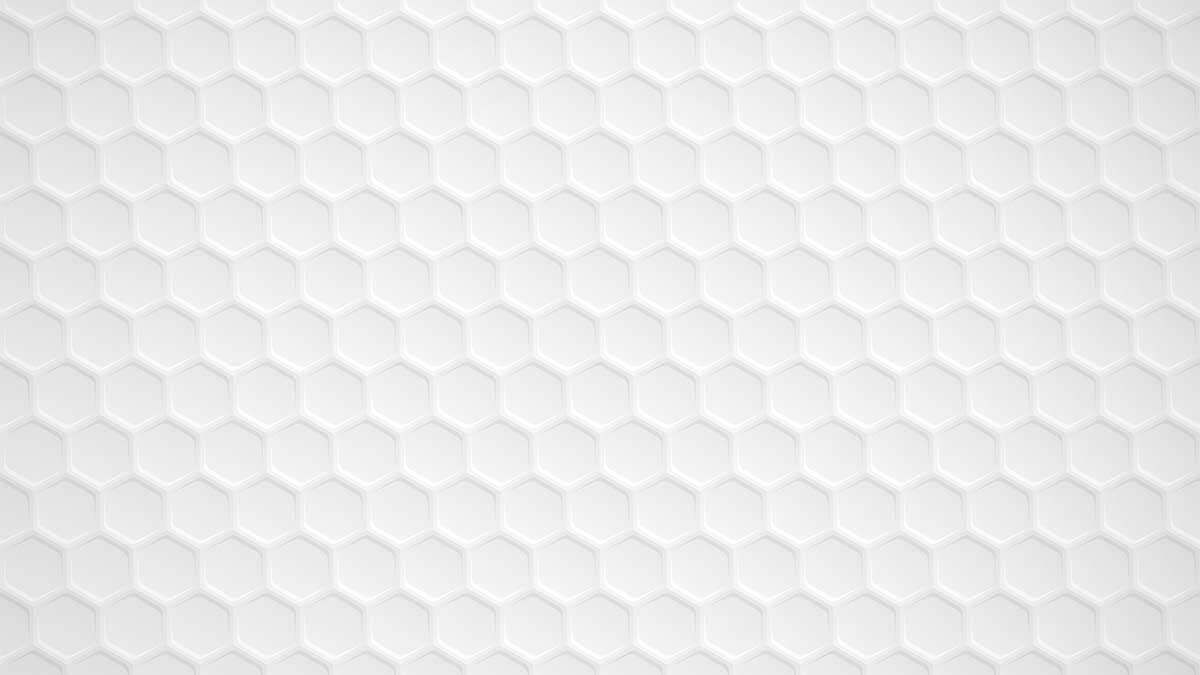Recent Tips and Articles by Total Comfort Services LLC
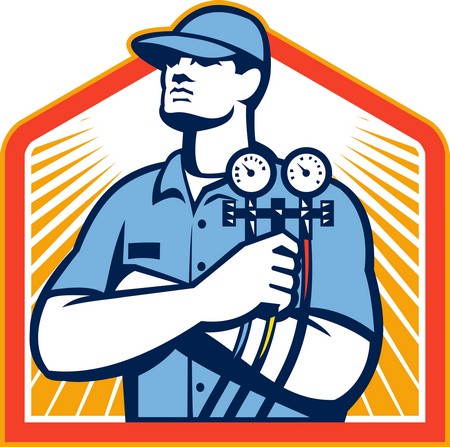
As the HVAC industry navigates challenges related to inflation and strives for sustainable growth, it's crucial to explore how energy efficiency initiatives like the 25C Tax Credit, HEAR, and HOMES Rebate Program can directly benefit HVAC businesses and their customers. Let's delve into the connections: The 25C […]
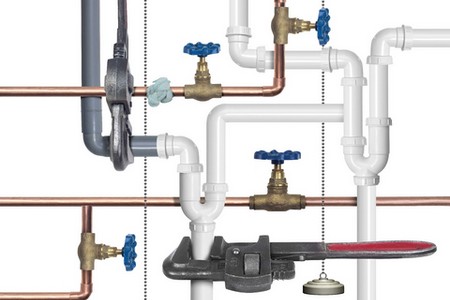
In the picturesque town of Franklin Lakes, nestled among the lush greenery of New Jersey, homeowners often enjoy the shade and beauty of mature trees on their properties. However, beneath the surface, a hidden battle can brew – the relentless invasion of tree roots into your […]

Maintaining a healthy and functional plumbing system is essential for the overall well-being of your home. Over time, pipes can develop clogs, leaks, and other issues that can lead to costly repairs and property damage. To proactively address these concerns, many homeowners are turning to sewer […]
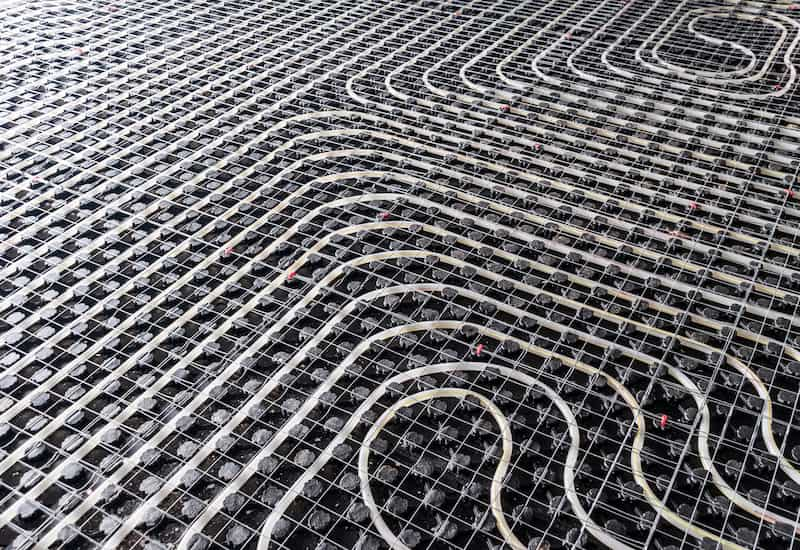
When the frosty winds of winter sweep through Franklin Lakes, NJ, keeping your home warm and comfortable becomes a top priority. While there are various heating options available, radiant heating stands out as a modern and efficient solution. Radiant heating offers a unique way to evenly […]
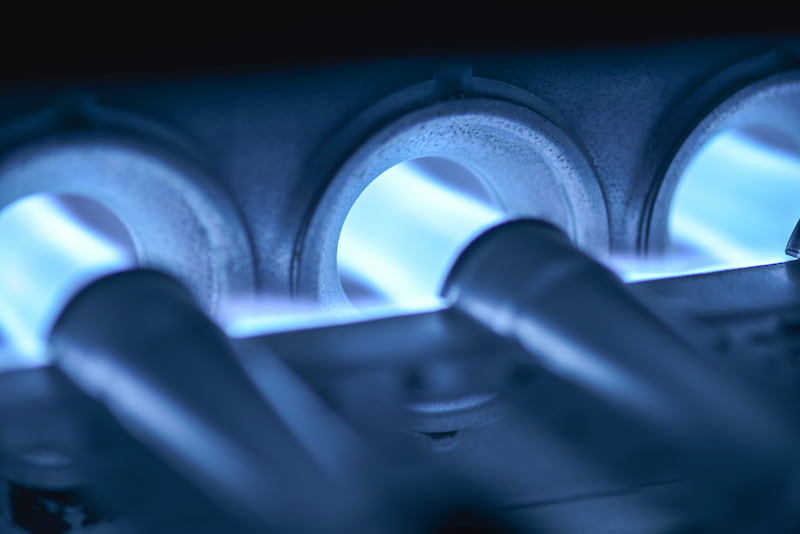
When the icy winds of winter start blowing, having a reliable heating system becomes essential for maintaining a comfortable and cozy home. However, like any mechanical system, heating systems can experience issues over time. When you find yourself in need of heating repair services in Franklin […]
